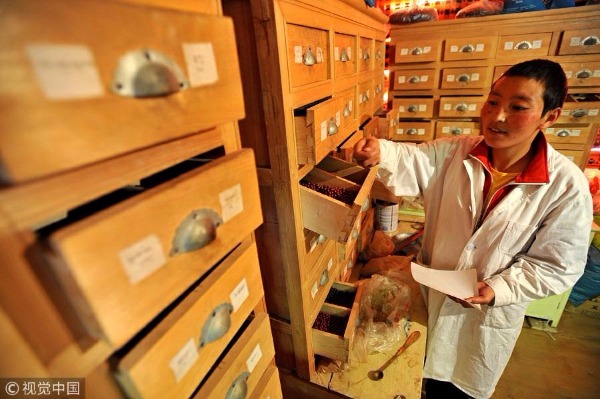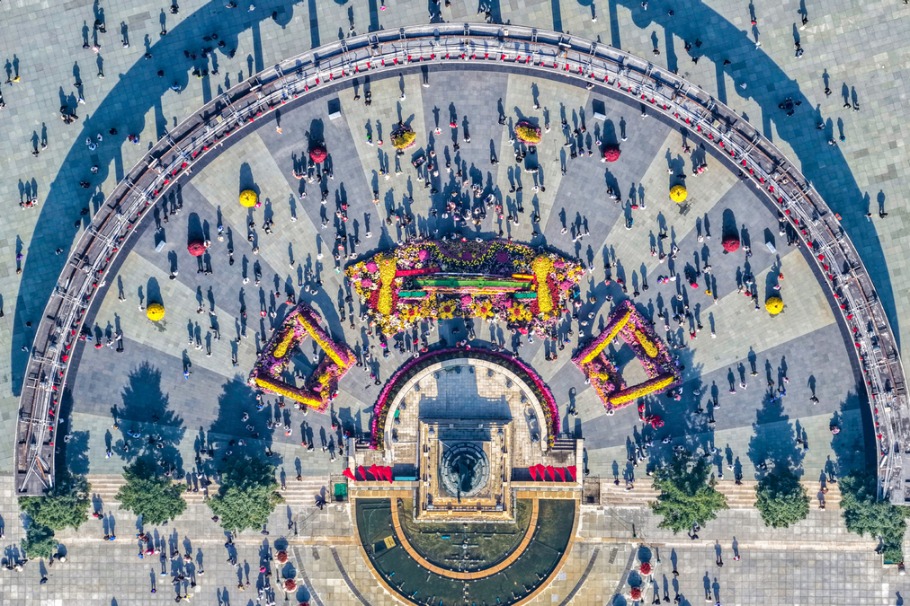Hundreds of works on traditional Tibetan medicine go digital


XINING -- The Qinghai Tibetan medicine research institute has completed the digitalization of more than 600 works on traditional Tibetan medicine.
The books and documents were created between the 7th century and the early 20th century.
"It's of great significance to share the valuable research materials with public through digitalization," said Khardrogy, director of the institute's literature information center.
Digitalization can help preserve the original rare ancient books and documents, and provide a more convenient platform for knowledge exchange, Khardrogy added.
There are more than 5,000 ancient works on traditional Tibetan medicine, but many are damaged or lost due to poor storage among other factors.
The institute has dispatched researchers to other parts of China and more than 10 countries including Britain, Italy and the United States, collecting over 1,000 documents. More than 600 have been put into a database, together with introductions to thousands of traditional Tibetan medicinal materials and preparations, 300 diagnoses and treatments as well as 800 academic journals.
Tibetan medicine, known as Sowa Rigpa in Tibetan, has a history of over 2,000 years. It was added to China's intangible cultural heritage list in 2006.
- Chinese mountain city Chongqing becomes world's new must-see
- Hong Kong inaugurates MTR Northern Link project to fast-track Northern Metropolis construction
- China issues orange alert as Typhoon Matmo approaches
- Xi, Bangladeshi president exchange congratulations on 50th anniversary of ties
- Vibrant China during holiday: Traditional culture meets tech
- China activates emergency response as Typhoon Matmo approaches





































